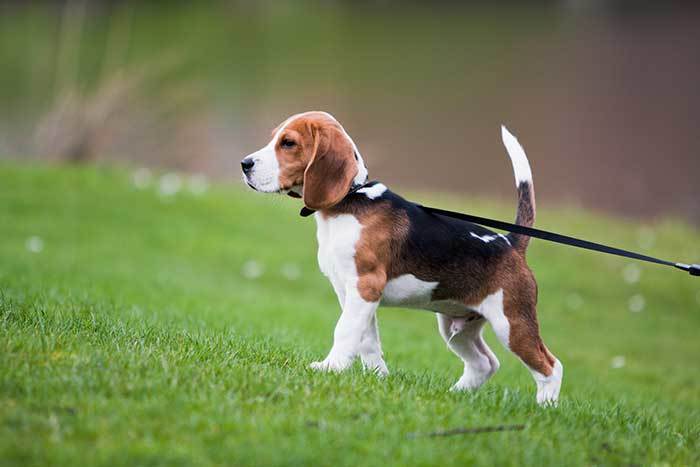Whether you are a dog owner or someone aspiring to bring a dog into your home, chances are you have one time asked yourself some pertinent questions touching on the general health of dogs.
One of these questions is, how long can a dog go without pooping? Indeed, this question is of paramount importance, considering that constipation is one of the most common gastrointestinal disorders among canines.
Generally, dogs can go for up to 48 hours without pooping. However, that’s on the higher side, and it doesn’t apply to most dogs. So, you may still be wondering, how long can my dog go without pooping?
Well, healthy dogs should be able to empty their bowels between one and three times every day. This is usually around the time they have their meals. Pooping almost immediately after having their meals has so much to do with a dog’s gastrointestinal anatomy and physiology.
Unlike humans, food dogs eat does not pass through the intestines. Instead, it goes straight to the colon, before it is eventually excreted.
What If My Dog Hasn’t Pooped In 24 Hours?
As we have already mentioned, your canine can stay for two days on end without excreting. So, 24 hours is not such a prolonged duration to get concerned.
However, if your furry friend does not poop for more than 48 hours, you know he has a problem. Like humans, dogs suffer from constipation too. The causes are nearly the same, and symptoms manifest in the same manner as well.
Causes of Constipation in Dogs
As with humans, the most common cause of constipation in dogs is a blockage in its digestive tract. The blockage mostly results from indigestible and undigestible matter.
Indigestible matter includes food substances that were not adequately chewed but instead, gobbled whole.
Well, dogs are not designed to relish their food since digestion begins in the stomach and not in the mouth. Therefore, you do not expect them to masticate their food for hours as they savor its delectable taste.
However, when your canine gobbles down huge chunks of dog food [especially raw, tender flesh] without the slightest attempt to break it down, it ends up as indigestible food.

On the other hand, undigestible food constitutes anything the dog ingests that cannot be digested either way. Examples of undigestible food include small rocks, garbage, and hard bones.
Another common reason for dog not pooping for 2 days is insufficient intake of water. Remember that just like us, dogs need water to enhance their metabolism.
But since water is tasteless, your dog may only drink when extremely thirsty. As a dog owner, you must flavor the water to taste. Better yet, you can simply ensure your dog takes a lot of soup during his regular meals.
Insufficient fiber in your dog’s diet will almost always lead to constipation. Dogs are obligate carnivores. This means they obtain their nutritional needs practically exclusively from a diet of meat.
As you probably already know, meat does not contain any fiber. Therefore, you can consider throwing in some dog-friendly fibrous foods into your dog’s feeding bowl. Or better yet, buy dog food that has been proven to contain all the required nutritional elements.
Last update on 2024-12-23 / Affiliate links / Images from Amazon Product Advertising API
Apart from these three causes, the following are some possible reasons why your dog could be constipated.
1. Changes in diet.
2. Stress and anxiety.
3. Hyperthyroidism.
4. Age of the dog.
5. Lack of exercise.
6. Hairball.
7. Certain medications such as antihistamines and diuretics.
8. Conditions affecting the prostate gland, such as prostate cancer and kidney disease.
9. Infection in the anal gland making it uncomfortable to pass stool.
10. Lymph nodes abnormally growing in the dog’s abdomen.
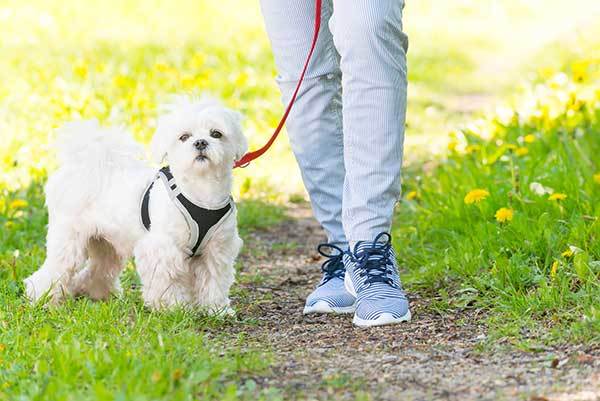
11. Various forms of pain, such as back, spine, abdominal, and hip pains.
12. Irregular feeding patterns.
13. Various forms of obstructions such as bladder and anorectic obstruction.
14. Urinary Tract Infections (UTI).
15. Hernias.
16. Conditions of the Central Nervous System [as is evidenced by the dog dragging or licking his butt].
17. Worm infestation.
18. A spasm in the colon.
ALSO READ: 10 Tips To Get Your Dog To Potty In The Rain
What Are The Symptoms Of Constipation?
Are you still asking yourself the question – how many days can a dog go without pooping?
Well, as we have mentioned, the maximum number of days is 2. So, the ideal question at this point should be, how do I know my dog is constipated?
The first and most obvious symptom of constipation is that your dog goes for up to 48 hours without pooping.
Another common symptom is straining while passing fecal matter. The fecal matter usually comes in small balls and is often accompanied by, or totally replaced by mucus.
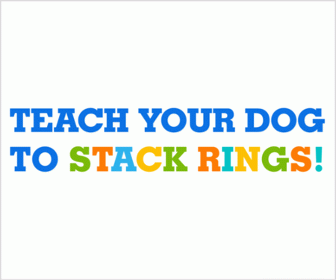
Other symptoms of constipation include the following;
1. Hard and dry stools that come out in small balls.
2. Mucus or blood in poop/stool.
3. Lethargy and generalized fatigue.
4. Trembling.
5. Loss of appetite.
6. Crying and various forms of crouching.
7. Grass particles around the dog’s butt.
Remember that in most cases, your dog may only exhibit a few of the listed symptoms. In some cases, the symptoms could go completely unnoticed, especially if you are not a very keen observer.
It is, therefore, advisable to monitor your dog carefully to ensure his bowel movements are reasonably regular. And that especially applies to new dogs.

What of Puppies?
We have already discussed the average period it should take for your dog to poop. Your next question is possibly, ‘’how long can a puppy go without pooping’’.
Unlike mature dogs, puppies experience more regular bowel movements. This is because their metabolism is faster than that of adult dogs. A faster metabolism results from their high energy levels.
So, puppies need even closer supervision if you suspect signs of constipation. By virtue of their tender sizes, constipation can cause dangerous ruptures, cuts, or fissures to their anorectal passage.
What Is The Worst That Could Happen?
It is only natural to be wondering to yourself, what will happen if my dog hasn’t pooped in 4 days? While constipation will not likely result in the death of your dog, it could escalate an underlying medical condition.
It also slows down your dog’s activity and could lead to more gastrointestinal conditions. Examples of such conditions include loss of appetite, lethargy and even diarrhea. This explains why constipation should be treated with the urgency it deserves.
ALSO READ: 10 Natural Home Remedies to Get Rid of Fleas on Dogs
How to Treat Constipation
That your dog hasn’t pooped all day should not come as a surprise. However, the scenario changes if the dog goes for 2 straight days without emptying its bowels.
As a responsible pet owner, there are a few home remedies that you can try to restore your pet’s regular bowel movement.
The following are some of these home remedies.
1. Hydration
Hydration is the easiest way of relieving constipation in your dogs. All you have to do is get your canine friend to drink water.
If the dog shows aversions to water, chances are it does not find the water tasty enough. In this case, you may try adding stew to flavor the water.
Last update on 2024-12-17 / Affiliate links / Images from Amazon Product Advertising API
2. Adding fiber
Fiber plays two roles; relieving constipation and supplying your dog with essential vitamins. Vegetable fiber is a rich source of vitamin C, while green beans are loaded with proteins.
So, aside from relieving constipation, consistently adding fiber to your dog’s diet will go a long way in boosting the canine’s immunity.
3. Lubricants
There are particular kinds of foods and healthy oils intended to lubricate the colon.
Good examples include coconut oils and olive oil. These lubricants may come in handy when trying to relieve constipation in your dog.
Other stool softeners such as laxatone and Metamucil may also be useful here.
ALSO READ: 7 Ways to Use Chamomile Tea for Dogs
4. Canned pumpkins
The advantage of using canned pumpkins is that the dog benefits from both fiber and water.
However, ensure you use pumpkin with lower sugar content as a dog’s digestive system is not given to digesting glucose.
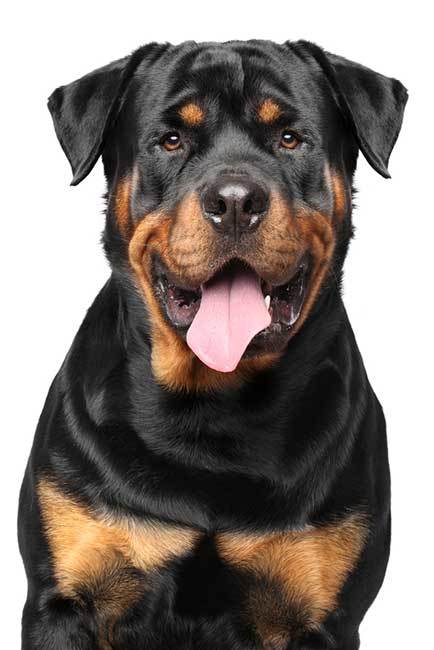
5. Milk
Much as many canines are lactose intolerant, milk might go a long way in helping them relieve constipation.
Just be sure you serve milk to the dog in small doses. Also, check with your vet before incorporating milk into your dog’s diet.
6. Concoctions
Concoctions such as ginger and beef or chicken broth have been proven to help ease constipation.
When preparing this concoction, the recommended ratio is ¼ teaspoon of ginger with a ½ cup of broth. Still on concoctions, Aloe Ferox extracts may also help.
7. Exercise
As we already mentioned, the more hyperactive the dog is, the less likely it is to develop constipation.
Therefore, ensure you take the dog out for exercise. You could go out for walks, for a swim if the dog is a natural swimmer, or you could simply choose to play fetch in the backyard.
Please note that home remedies have a way of causing varied reactions. Therefore, it is essential to adopt them with due diligence.
First, do not use more than one home remedy at a time. Secondly, consult your vet as soon as you notice the treatment is not working.
Common side effects of most home remedies include vomiting and diarrhea. Which may lead you to ask, is it normal if a dog hasn’t pooped in 4 days after diarrhea?
Diarrhea resulting from the treatment of constipation is usually severe. This is because it is typically intended at getting rid of all the waste matter in the dog’s colon. In the process, it could also lead to loss of appetite, making the dog eat less and therefore poop less frequently.
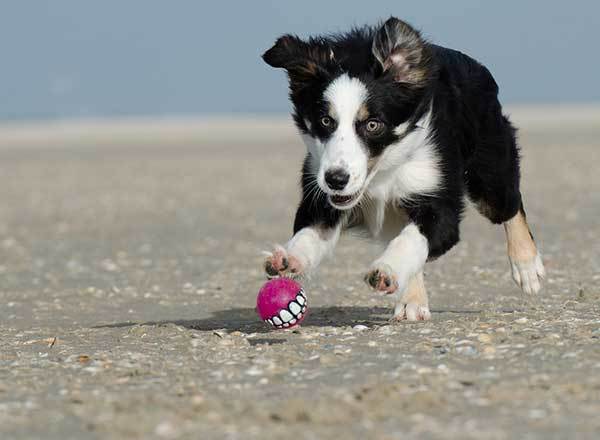
What’s Our Verdict?
The best way to treat constipation in dogs is to prevent it from happening in the first place. There are plenty of methods to achieve that.
First, ensure your dog gets enough fiber in its diet. Also, serve the dog enough water and fluids to prevent dehydration which directly leads to constipation. Lastly, ensure the dog receives enough exercise.
But if constipation eventually sets in anyway, you need not fret as there are lots of home remedies you can use to treat the condition.
However, the general consensus is to take the dog to the vet. The vet will be able to check whether there are any underlying conditions causing constipation.
Plus, they will use more effective methods of treating constipation, such as enema. If it comes down to it, they may recommend a surgical operation.
Checkout Our Favorite Dog Products
1. BEST PUPPY TOY
We Like: Snuggle Behavior Toy with Heart Beat & Heat Pack – Ideal toy for new puppies.
2. BEST DOG TRAINING PROGRAM
We Like: Doggy Dan The Online Dog Trainer – Stop any dog problem and raise the perfect puppy with The Online Dog Trainer.
3. BEST FOOD FOR DOGS AND PUPPIES
We Like: Victor Super Premium Pet Food – Ideal for growing puppies and pregnant or lactating females. Also provides sustained energy for sporting dogs and dogs with high physical demands.
4. BEST DOG DNA TEST
We Like: Embark Dog DNA Test – Embark screens for over 250 dog breeds + tests for 170+ genetic diseases including MDR1 drug sensitivity, glaucoma, degenerative myelopathy, and dilated cardiomyopathy, some of the most common adult-onset diseases in dogs.
5. BEST DOG PUZZLE TOY
We Like: Outward Hound Interactive Puzzle Toy – Every dog loves chasing squirrels at the park. The Outward Hound Hide-a-Squirrel Puzzle Toy gives your dog the same feeling as though he was outdoors chasing live squirrels.

